Retinyl Palmitate (Vitamin A)

Retinyl Palmitate, a gentler form of Vitamin A, works to rejuvenate the skin by accelerating cell renewal and boosting collagen production. This ingredient reduces the appearance of fine lines and wrinkles, promoting a clearer, more youthful-looking complexion.
There are many forms of Vitamin A that are found in many anti-aging and skincare products. Retinol is a type of Retinoid, which is a class of compounds derived from Vitamin A that have been shown to have a number of benefits for the skin.
How it Works:
Retinol works by promoting the production of collagen, a protein that helps to keep the skin firm and smooth. It also helps to speed up cell turnover, which can help to reduce the appearance of fine lines and wrinkles, as well as improve skin texture and tone. Retinol can be effective at treating acne, hyperpigmentation, and rough texture. It is important to use retinol products as directed and to start with a low concentration before gradually increasing over time. It is also important to use sunscreen when using retinol, as it can make the skin more sensitive to the sun.
TOP PRODUCTS CONTAINING VITAMIN A
Retinyl Palmitate, also known as Vitamin A Palmitate, is a type of retinoid that is commonly used in skincare products. It is a combination of Retinol (Vitamin A) and Palmitic Acid. Retinyl Palmitate is a less potent form of retinoid than Retinol and is often used in lower concentrations in skincare products.
Retinyl Palmitate is believed to have similar benefits to other retinoids, such as improving the appearance of fine lines, wrinkles, and hyperpigmentation. It also has antioxidant properties that can help to protect the skin from environmental stressors such as pollution and UV radiation.
One of the advantages of Retinyl Palmitate over other retinoids is that it is less irritating to the skin. This makes it a good option for people with sensitive skin or those who are new to using retinoids in their skincare routine.
Retinyl Palmitate and Retinol are both forms of Vitamin A that are commonly used in skincare products. However, there are some key differences between the two:
Potency: Retinol is a more potent form of Vitamin A than Retinyl Palmitate. Retinol is able to penetrate the skin more deeply and is converted into Retinoic Acid (the active form of Vitamin A) more efficiently than Retinyl Palmitate.
Irritation: Because Retinol is more potent, it is also more likely to cause irritation, redness, and flaking when used in high concentrations. Retinyl Palmitate, on the other hand, is generally considered to be less irritating and more suitable for people with sensitive skin.
Stability: Retinyl Palmitate is more stable than Retinol, meaning that it is less likely to break down and lose its effectiveness over time. This makes it a good option for products that have a longer shelf life.
Overall, Retinol is a more potent and effective form of Vitamin A for anti-aging and other skincare concerns, but it can also be more irritating and may not be suitable for everyone. Retinyl Palmitate is a good option for people with sensitive skin or those who are new to using Vitamin A in their skincare routine, but it may not be as effective as other forms of retinoids in treating more advanced signs of aging.
Types of Vitamin A
There are several types of retinoids, which are derivatives of Vitamin A. These include:
Retinol: This is a type of over-the-counter retinoid that is commonly found in skincare products. It is a mild form of retinoid and is less potent than prescription-strength retinoids. Products that contain Retinol: Retinol Resurfacing Booster
Retinaldehyde: This is a more potent form of retinoid than retinol.
Adapalene: This is a synthetic retinoid that is used to treat acne. It is available in both over-the-counter and prescription-strength formulations.
Tretinoin: This is a prescription-strength retinoid that is commonly used to treat acne, as well as fine lines, wrinkles, and other signs of aging.
Tazarotene: This is another prescription-strength retinoid that is used to treat acne and psoriasis. It is also sometimes used to treat fine lines and wrinkles.
Isotretinoin: This is a prescription-strength retinoid that is used to treat severe acne. It is typically only used as a last resort, as it can have serious side effects.
Retinyl Palmitate: This is the safest and more growingly utilized due to less contraindications. Your body and skin will digest Retinyl Palmitate and convert it to Vitamin A.
TOP PRODUCTS CONTAINING VITAMIN A
Safety First:
It is important to note that retinoids can be very powerful, and should be used under the guidance of a healthcare professional or skincare expert. They can cause skin irritation, especially when first starting to use them, so it’s important to start with a low concentration and gradually increase over time.
Dermaesthetics products utilize several types of Vitamin A based on the function and skin concern while weighing the benefits and risks associated with each Vitamin A derivative.

